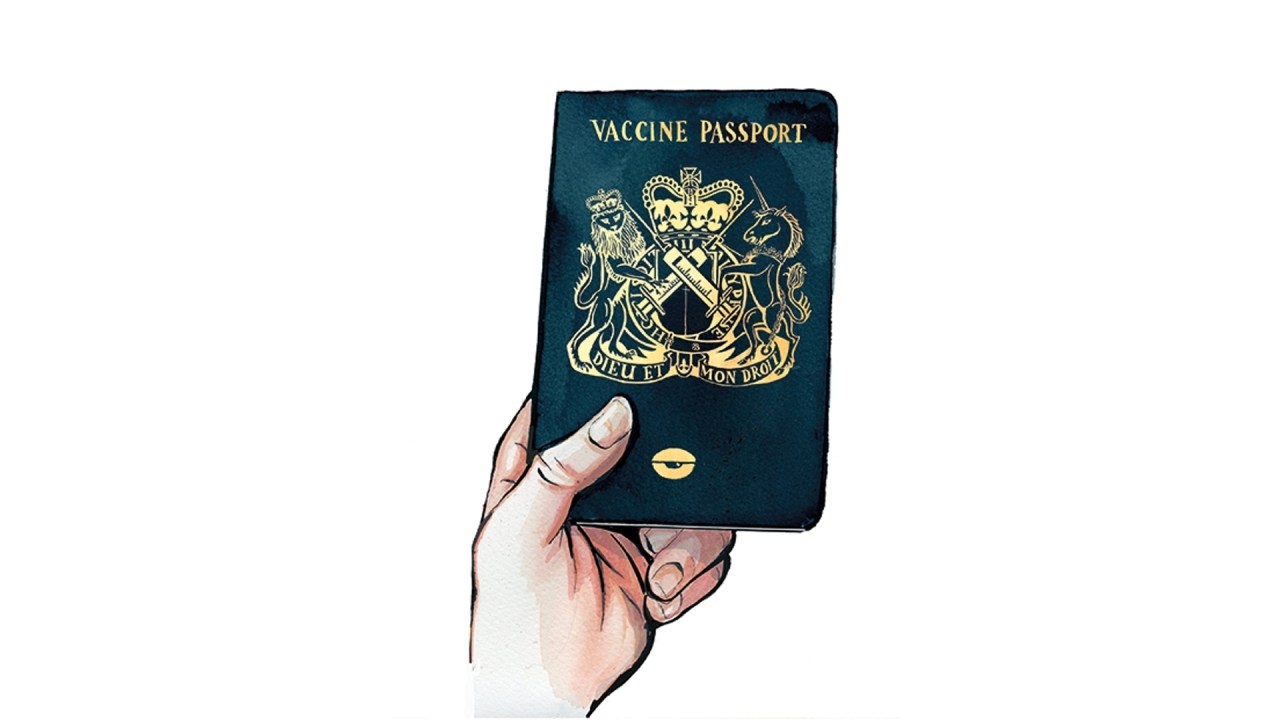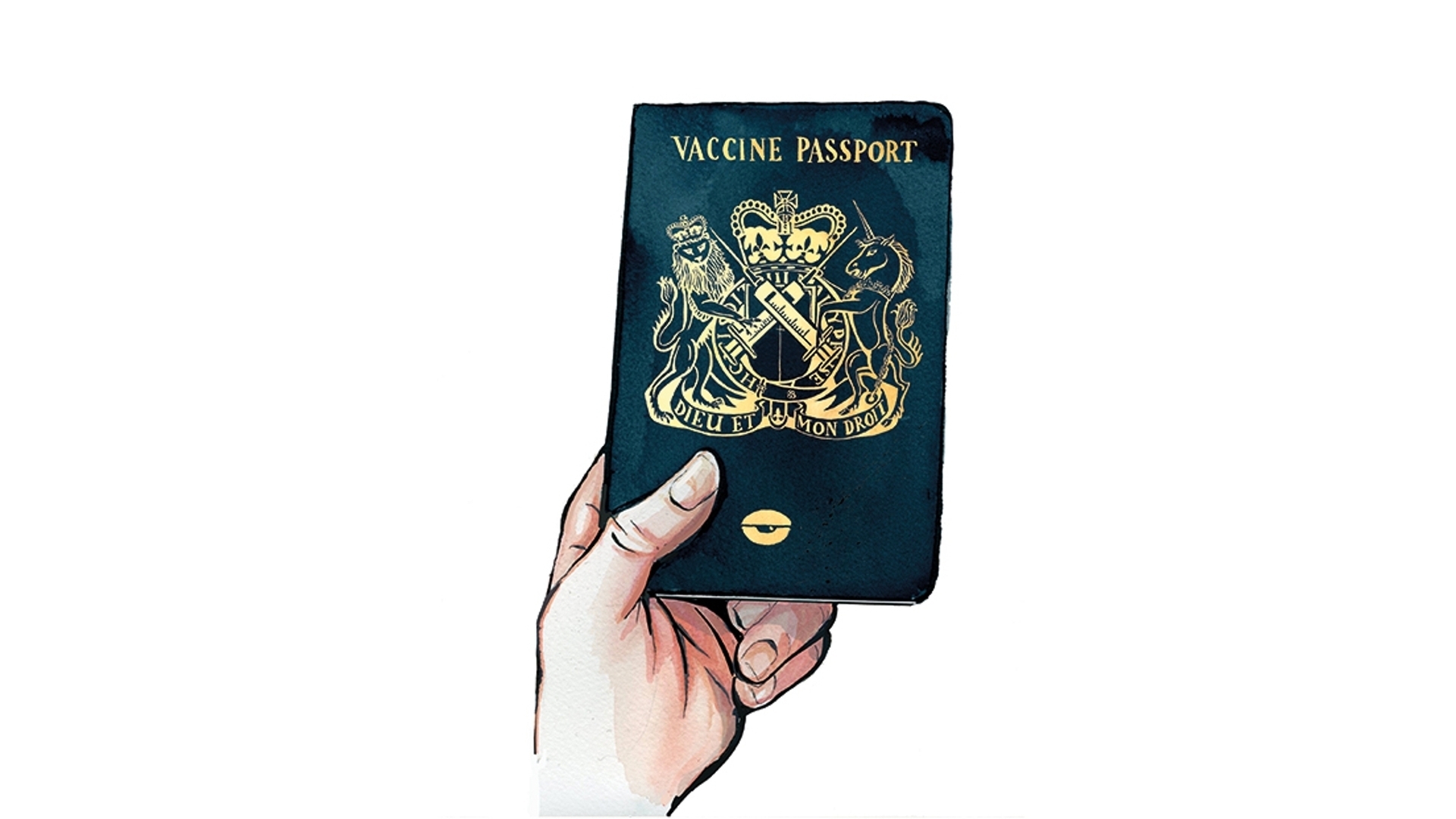At yesterday’s press conference, Boris Johnson announced that his government was shelving plans for domestic ‘Covid certificates’ (i.e. vaccine passports), at least for the time being, although this won’t stop private businesses or venues from deciding to use them.
We also learned today that it won’t stop the creation of a two-tier system (as Lara Prendergast warned months ago) for the ‘jabs and jab nots’. New policies have been confirmed that will allow for the double-jabbed to skip quarantine if they’ve been in contact with someone who tests positive for Covid-19 (with exemptions granted to under-18s as well).
It’s hard to herald ‘freedom day’ when younger people risk being forced back inside by an NHS tracer at any given moment
Two weeks after receiving their second jab, a fully vaccinated person will be able to opt out of self-isolation, from 16 August onwards. This change to the test and trace policy addresses several problems with the current rules, including their failure to acknowledge that vaccines are game-changers and make people’s interactions significantly safer. The policy change will also help to curb the number of people forced to self-isolate in the coming months, when daily infections are expected to go through the roof (albeit with very different consequences than in the previous waves), with potentially millions of people pinged by the test and trace app.
But as I say in today’s Daily Telegraph, this two-tier system creates new ethical and economic problems. It’s younger age groups – people in their teens, twenties and thirties – who are going to be left behind when the new rules come into effect next month. These are the same age groups who – despite being significantly less vulnerable to the virus – locked themselves away for months on end, and never asked for an exemption to the rules to reflect their safer status.
It’s hard to herald ‘freedom day’ when younger people risk being forced back inside by an NHS tracer at any given moment. It’s difficult to see, as well, how this won’t affect their behaviour as consumers: the prospect of returning to a nightclub or music festival becomes a lot less appealing if there’s a decent chance you’ll have to quarantine for more than a week after your big night out.
The trade-off, you could argue, is that at least not everyone is having their economic activity curbed by the threat of self-isolation, which would reduce custom in a vast number of sectors. But this is a reason to reconsider the purpose of test and trace altogether – a system that was designed to deal with the pandemic before working vaccines came online.
The tens of billions of pounds sunk into the programme so far are not better justified by insisting that it be used in the most heavy-handed way; especially if it looks set to delay our economic recovery and prevent our labour market bouncing back.








Comments